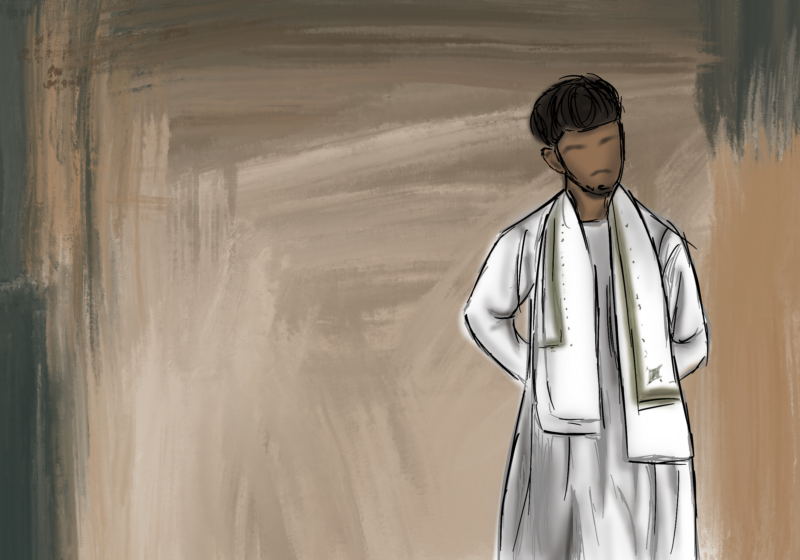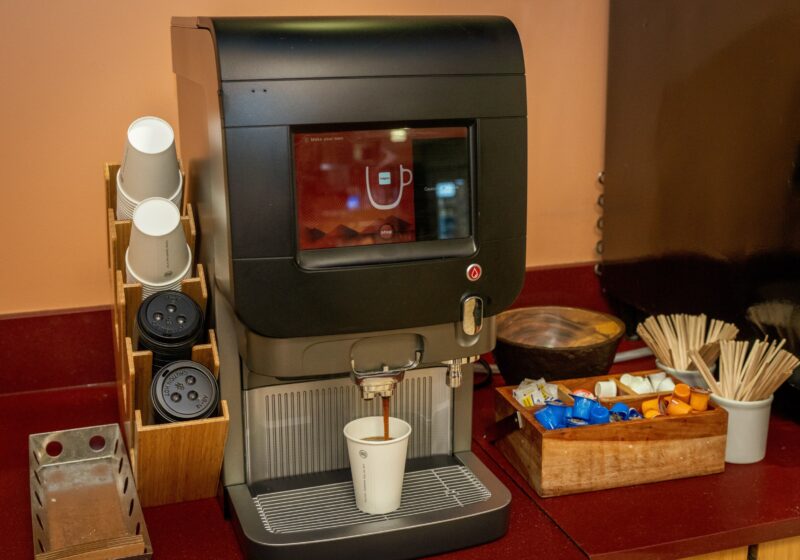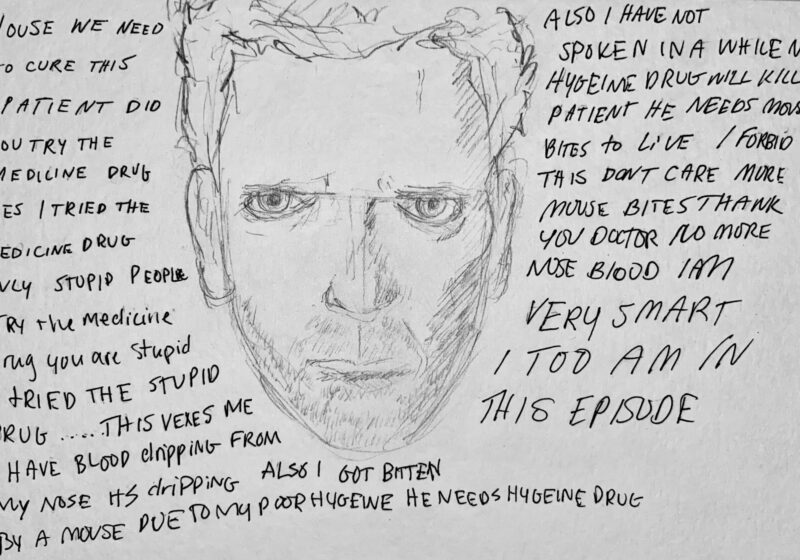Last year, the College Academic Honesty Board held hearings at the end of the school year without the presence of an undergraduate on the hearing board. This was in direct conflict with the procedure outlined in the Student Handbook on Discipline.
The board also carried over 10 of the cases to this academic year surpassing the seven-week time period to resolve cases of suspected dishonesty.
The university is obligated to live up to the same rules that it expects students to follow. Since this did not happen this issue needs to be addressed.
Only some of the All-Campus Judicial Council were contacted to participate in the hearings ? this is unacceptable. ACJC is responsible for choosing the undergraduate on the hearing board, and since all of ACJC was not contacted, no undergraduate was present at the hearing. The student handbook guarantees that an undergraduate will be present for academic dishonesty cases.
Had all justices been contacted by Professor Nicholas Bigelow, chair of the honesty board, he would have found some of them still were on campus during Senior Week and could have been present at the hearings.
The fact that the three cases tried last year ended with verdicts of “not guilty” is not relevant. The ends do not justify the means.
The issue here is that UR did not follow the rules it had outlined for academic honesty. When the university distributed the student handbook outlining procedures for these cases, it made an agreement with the students to handle them in a particular way.
In the future, not only do the rules in the handbook need to be followed, but many of the rules themselves need to be changed. To begin with, certain pieces of pertinent information should be available to students.
The fact that cases are being heard should not be a secret. We should know how many students are accused of academic dishonesty at any given time, as well as their pleas and hearing results ? however, students’ names should continue to be confidential.
The university needs to institute a set of formal regulations and methods for handling academic dishonesty cases. All academic honesty cases should be entirely resolved within three weeks of the charges, with a one-week time limit between the charges and a possible meeting between the student and the professor to attempt to resolve the situation locally. The current deadline is seven weeks, which is far too long in addition to having been ignored last year ? 10 cases from last year are still pending.
During finals in spring semester, charges against seniors should be resolved by three days after the end of finals. Student representatives on the board should be preselected so they can be present during Senior Week in case charges arise. For finals during fall semester and for charges against non-seniors during spring semester, proceedings should be complete no later than the first week of the following semester so students can adjust their classes according to the results.
Currently, students sitting on the honesty board do not have voting rights. This needs to change. Every person on the board should have an equal voice, and an equal vote.
Furthermore, organization, scheduling and information-handling should be handled by Associate Dean of Students Ken Rockensies as chief disciplinary officer, and he should have an active role in the board.
If procedures are not followed, dishonesty cases involved should be dropped. Violations of a student’s right to due process are not small matters and should never be treated as such.
If changes are not made ? especially giving voting rights to students on the honesty board ? if UR does not begin to treat these cases seriously and uniformly and if UR does not respect the due process rights of its students, then we are left with a kangaroo court that neglects both the interests of the students and the academic fairness UR is trying to uphold.





